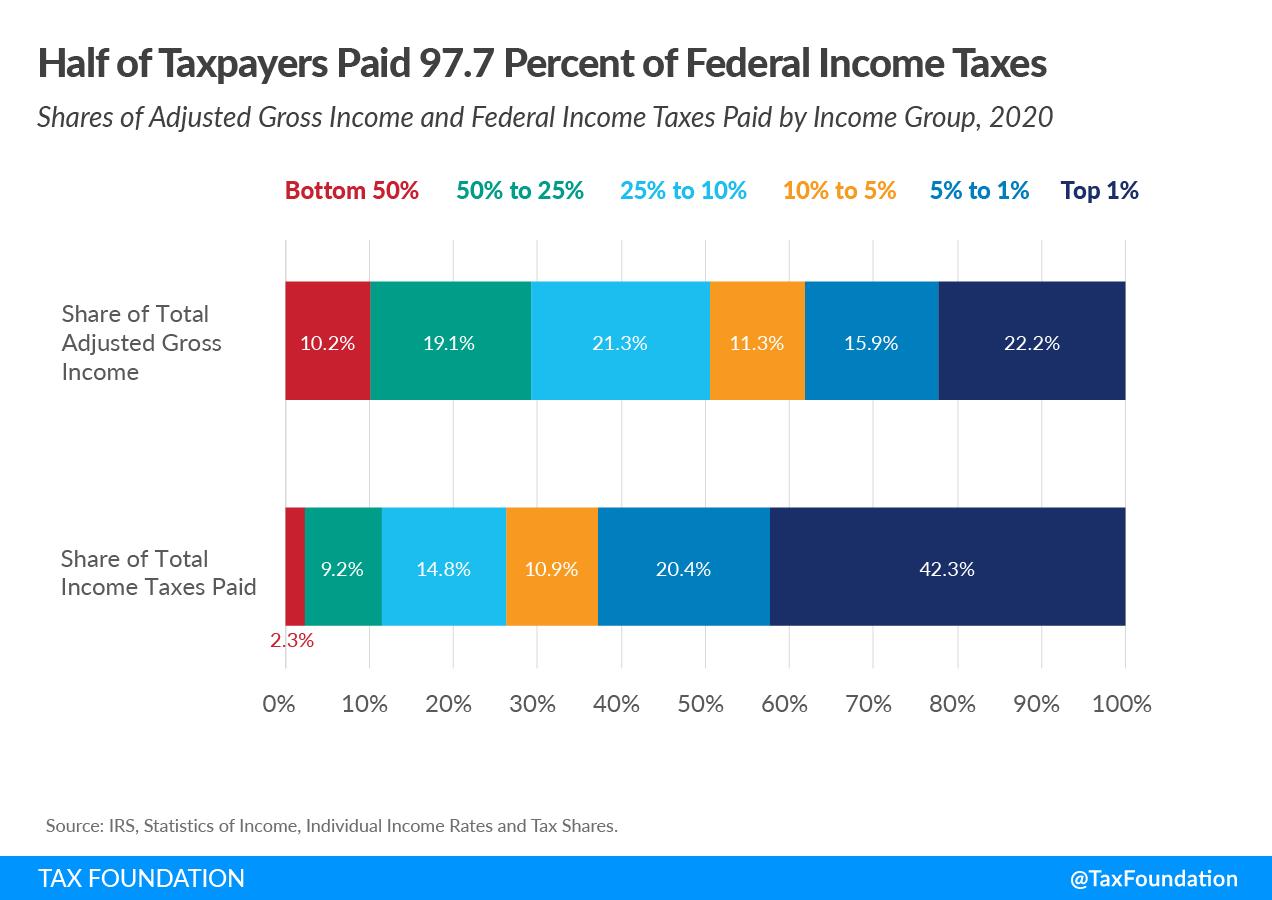That doesn't come even close to a solution. I live in a country where companies can't donate to finance campaigns anymore and where there is a multitude of parties. Guess what? Money is still a huge source of power and inluences political decisions very much.
I have to confess that I am not well versed in the specifics of Brazil's politics and economy. You say that corporations cannot donate to political campaigns, but you do not mention what limits exist for individuals.
If there are restriction on both corporations and individuals to donate to political campaigns in Brazil, in what way does money still remain a huge source of power and influence? Perhaps if I had a clear understanding of how money continues to affect Brazilian politics despite strong campaign finance laws (which is what I assume you are asserting), I could speculate on ways to further address moneys continued strong influence.

